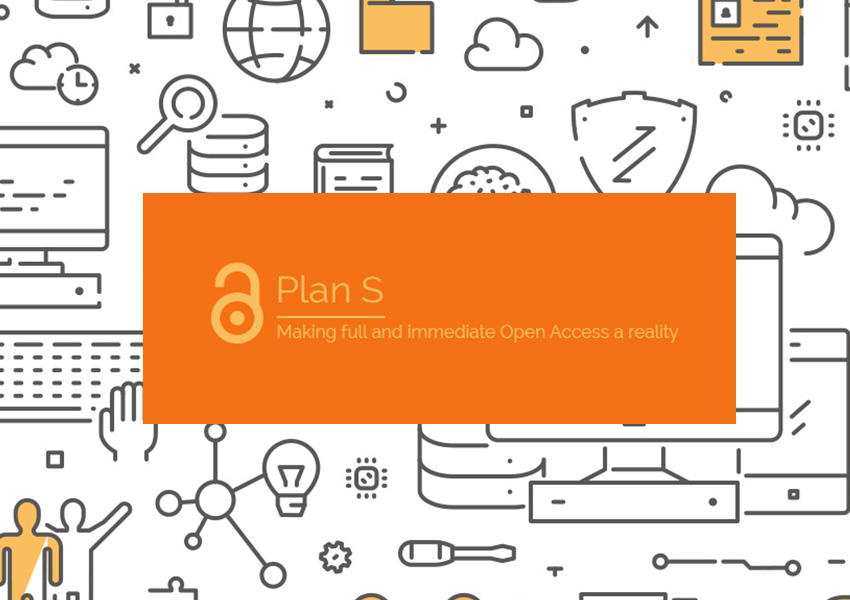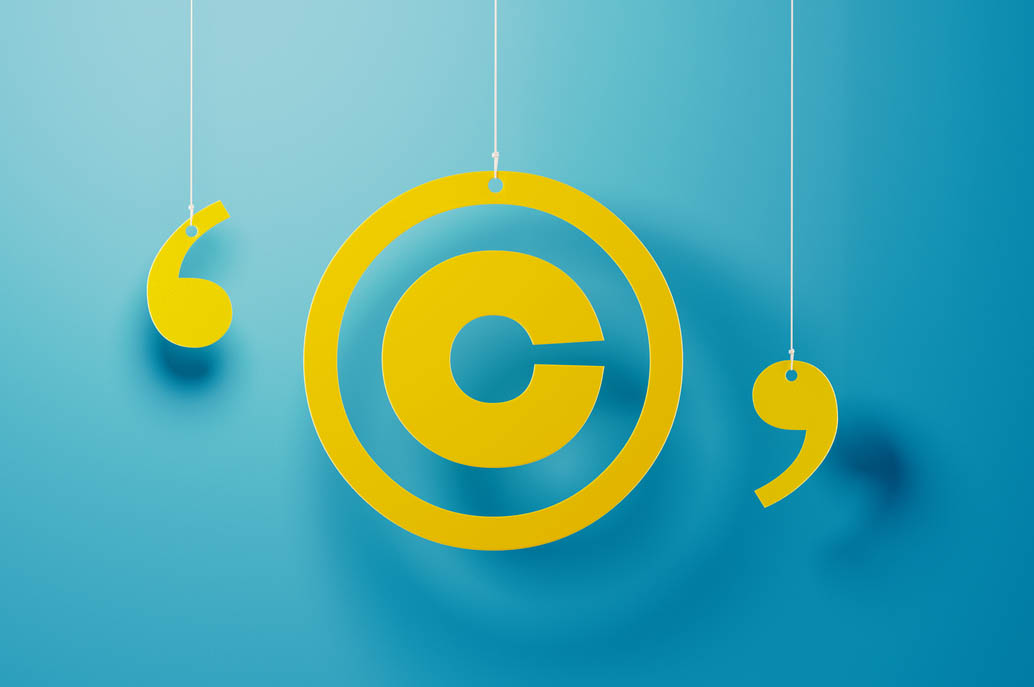Plan S: Stay the Course
Five years after launching, the Plan S open-access initiative must retain its founding principles.

Send us a link
Five years after launching, the Plan S open-access initiative must retain its founding principles.

Research manuscripts and the associated scientific data generated for projects that are funded by federal agencies in the United States will need to be made publicly available immediately on publication.

The movement towards open-access scientific publishing got an historic boost this month, with the White House ordering an end to publishers putting most federally funded research behind paywalls.
Review of a webinar featuring several key players in implementing Plan S, asking what lessons have been learned?

The last few years have been a period of rapid market consolidation in scholarly publishing. Here, a look at the ongoing demise of the independent research society publisher, as more and more continue to sign on with larger publishing partners.
The details align with Plan S - but UKRI hasn't yet decided whether to pay for open-access publishing in some hybrid journals.

For smaller and independent publishers, the Transformative Journal route to Plan S compliance seems like a viable option. At least until you see the reporting requirements.

AAAS continues its commitment to the subscription model to praise from cOAlition S. Are there lessons for other publishers?

Nearly 900 universities, research organisations, and funding agencies want science publishers to be more transparent and abide by open access rules, after scientists complained their submissions are rejected if they apply a public copyright licence to accepted manuscripts.
6 arguments are presented that articulate why cOAlition S organisations will not financially support the hybrid model of publishing.

cOAlition S strategy of applying a prior licence to the Author's Accepted Manuscript (AAM) is designed to facilitate full and immediate open access of funded scientific research for the greater benefit of science and society.

The push to remove journal paywalls officially started this year. Here's how it works.

From June 2020 to February 2021, a consortium of 10 organisations undertook a large-scale study on open access journals across the world that are free for readers and authors, usually referred to as "OA diamond journals". This study was commissioned by cOAlition S in order to gain a better understanding of the OA diamond landscape.
cOAlition S values the opinion of all researchers. We want to understand if and how Plan S affects your publishing practices and your views on Open Access.

Unpacking each word -- rights, retention, and strategy -- enables understanding what this policy is and how it functions within the Plan S compliance framework.

Major scholarly publishers warn that some titles will become unviable unless open access scheme changes tack on compliance.

cOAlition S is pleased to announce that the Foundation for Science and Technology of Portugal (FCT) is the latest national funding agency for science, research, and technology to join the coalition and demonstrate its commitment to the realisation of full and immediate Open Access. Portugal's forward-thinking approach on Open Access is widely acknowledged across Europe […]

JCT enables researchers to check whether they can comply with their funders Plan S aligned OA policy based on the journal, the funder and the institution affiliated with the research to be published.
Subscription journals will let some Plan S funded researchers share accepted manuscripts under open licences.

In an open letter to the European Commission and the European Research Council, the President of CESAER emphasises the full support for open access to scientific publications and the implementation of Plan S in Horizon Europe

Leaked letter to Commission shows major pushback against ERC Scientific Council's doubt over open-access initiative

The decision by the governing body of the European Research Council (ERC) to pull support for the radical open access initiative Plan S, is a "slap in the face" to all those who support the scheme, said its creator.

cOAlition S has taken note that the ERC Scientific Council wishes to pursue their joint efforts towards Open Access in a more independent way. The European Commission, who directs the Horizon Europe Framework Programme, continues to support cOAlition S and Plan S.
By calling its new policy a "Rights Retention Strategy," cOAlition S is engaging in doublespeak. This strategy actually does exactly the opposite of what it claims.

The reversal is intended to 'preserve equity among research communities' and protect young researchers.

Funders will override policies of subscription journals that don't let scientists share accepted manuscripts under open licence.

cOAlition S has developed a Rights Retention Strategy to give researchers supported by a cOAlition S Organisation the freedom to publish in their journal of choice, including subscription journals, whilst remaining fully compliant with Plan S.